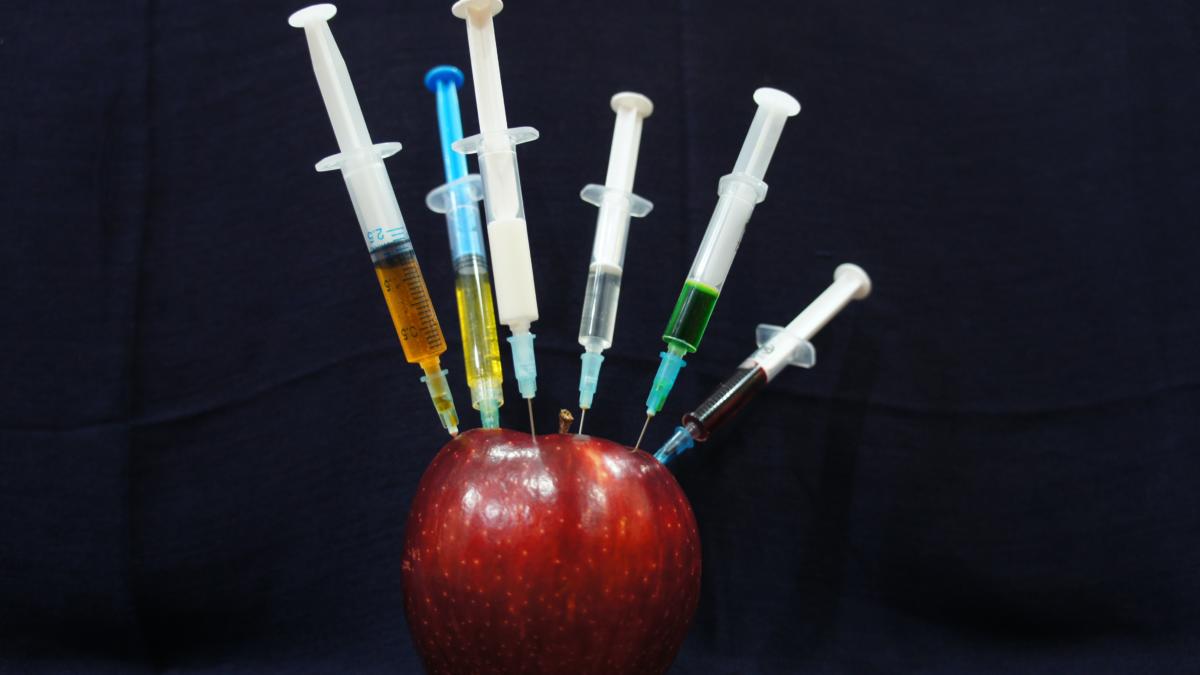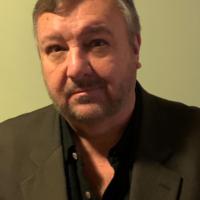“The Safehouse injection site may be safe for drug addicts,” I remember a South Philly protester saying to me last February at a street protest in South Philadelphia – “But it sure as hell isn’t safe for the neighborhood.”
Thousands of South Philadelphians gathered in front of the Constitution Health Plaza at Broad and McKean streets to show their outrage that the Safehouse supervised injection site was scheduled to be opened there without their prior knowledge or consultation. The building houses medical offices as well as a children’s day care center.
Safehouse claimed the injection site would reduce the number of drug overdoses and deaths during the opioid crisis. But many South Philadelphians believed the injection sites would draw more heroin addicts into their neighborhood and increase illegal drug trafficking and the robberies, thefts and other crimes that addicts commit to get money for their drugs.
And then there is the argument that the safe injection site violates federal law.
As William M. McSwain noted on Jan. 12, in one of his last press releases prior to resigning as the U.S. Attorney for the Eastern District of Pennsylvania, the federal court ruled against Safehouse.
“I’m pleased to report that the rule of law is still alive and well in Philadelphia – having been reaffirmed by the U.S. Court of Appeals for the Third Circuit, which held that it is a federal crime to open a heroin injection site or ‘consumption room’ for illegal drug use,” McSwain stated.
“The Third Circuit’s opinion is a faithful reading of the statute’s plain language and is consistent with Congress’ intent to protect American neighborhoods from the scourge of concentrated drug use.”
Safehouse, a nonprofit corporation, stated that its goal was to save lives by providing a range of overdose prevention services, including injection sites. Safehouse wanted to lay claim to be the first safe injection site in the U.S.
But South Philadelphians were not having it.
Last February, McSwain responded to the Safehouse press conference and announcement that they intended to open a heroin injection site in South Philadelphia. McSwain stated that his office filed a Notice of Appeal with the U.S. District Court, and his office filed a motion for the court to stay its final order during the pendency of the appeal. He called the Safehouse press conference announcing the South Philly injection site “a dumpster fire.”
“The press conference featured, among other things, understandably angry South Philadelphia residents yelling at former Governor Rendell, calling him unworthy of the title of Governor and berating him as a ‘sneak’ for hiding his intention to locate the first injection site in South Philadelphia, as well as a sitting City Councilman [Mark Squilla] screaming at Safehouse’s founders that their proposal was ‘horrible and a disgrace’ and ‘not a part of democracy’ because he and his constituents had never been informed about Safehouse’s plans,” McSwain said.
“It also featured plenty of logical inconsistency: Governor Rendell, for example, claimed that an injection site in Philadelphia would have saved the life of his friend’s son (who tragically overdosed in his parents’ home) on the assumption that this young man would have traveled from the suburbs to the site to inject.
“Immediately contradicting this, Safehouse co-founder Ronda Goldfein, in response to angry questions from South Philadelphia residents who fear that the site would draw addicts to their neighborhood, adamantly insisted that ‘nobody’ from outside the South Philadelphia neighborhood would use the site. Goldfein quickly became irritated with the residents’ legitimate questions; things got so bad that she threw in the towel and deferred any questions to an imaginary, future community meeting to be held at an unnamed time and place.”
“Philadelphia is known around the world as the birthplace of our wonderful nation and of liberty itself.”
– William McSwain
In light of the public protests and vocal condemnation from local politicians, a spokesperson for the Constitution Health Plaza announced on Feb. 27 that they were canceling their agreement with Safehouse. The following day, Mayor Jim Kenney met with reporters and appeared angry that the injection site was scrapped.
“If people want to shut that down, then we’re going to have more people dying, more people using drugs and more suffering for families,” Kenney told reporters.
Others have suggested to me that there are better ways to combat the opioid crisis, such as a major law enforcement crackdown on drug traffickers, “boot camp-style” prisons for non-violent drug offenders, an increase in outreach programs, and an increase in rehab centers.
Safehouse planned to open an injection site in Kensington, but with McSwain’s court victory, that likely won’t happen.
“Philadelphia is known around the world as the birthplace of our wonderful nation and of liberty itself,” McSwain said.
“Due to the dedicated work of those at the U.S. Attorney’s Office, it will not be known as the birthplace of heroin injection sites.”
Paul Davis’ Crime Beat column appears here each week.





